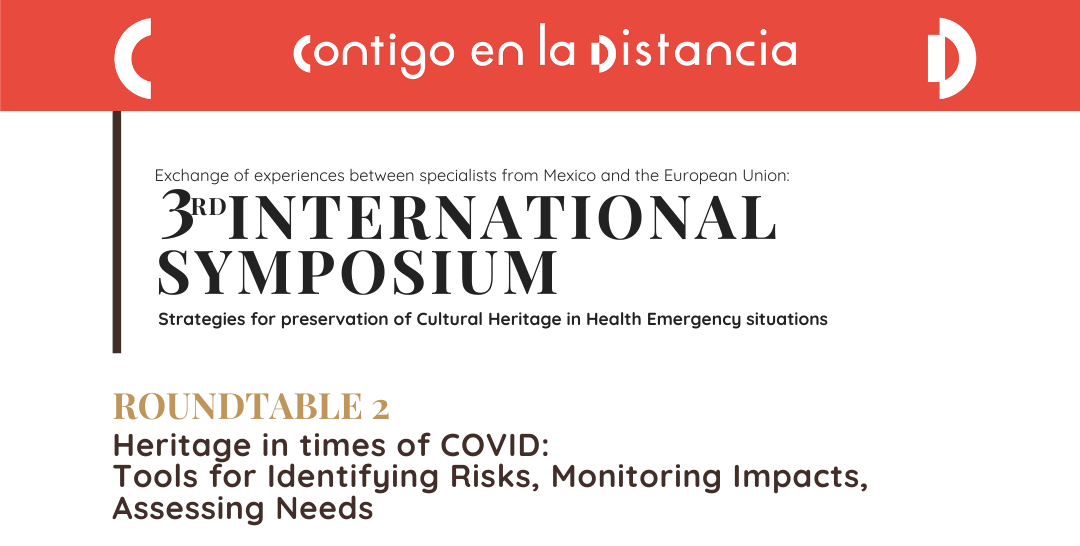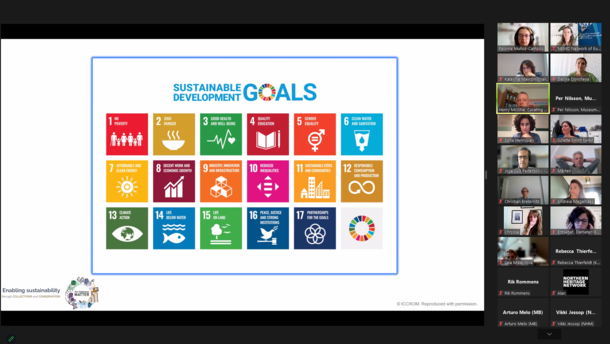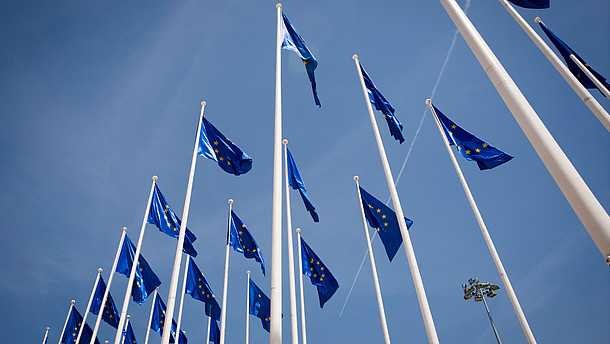In the roundtable 'Heritage in times of COVID: Tools for Identifying Risks, Monitoring Impacts, Assessing Needs', Elizabeth Rosenberg, who represented NEMO, said that “We can find strength in our recent adaptability and build on the great foundations already mentioned here – our human resources, our networks, we can lean on each other.” She gave account for NEMO’s first report on the impact on the museum sector by Covid-19 and urged the participants to contribute to the follow-up survey.
The Symposium seeks to identify areas of opportunity in the field of heritage technical cooperation between Mexico and the European Union. It is organised by the Delegation of the European Union to Mexico in cooperation with the Mexican Ministry of Culture, the National Institute of Anthropology and History and the National Institute of Fine Arts and Literature.
The international symposium takes place until 30 November and organised by the Delegation of the European Union to Mexico, in collaboration with the Mexican Ministry of Culture, the National Institute of Anthropology and History (INAH) and the National Institute of Fine Arts and Literature (INBAL).
The Symposium aims to contribute to the Joint Communication ‘Towards an EU strategy for international cultural relations’ (2016), which identifies cooperation on cultural heritage as one of the priorities to advance international cultural relations with partner countries.
The COVID-19 pandemic has had a direct and indirect impact on the whole spectrum of EU policies in the immediate, medium- and long- term, as well as on their external projection. The 3rd Symposium will contribute to build the needed conditions to avoid that future pandemics have the same negative impact on the Cultural Heritage Sector, by means of exchange of good practices and dialogues on policies, regulations as well as standards and protocols.





